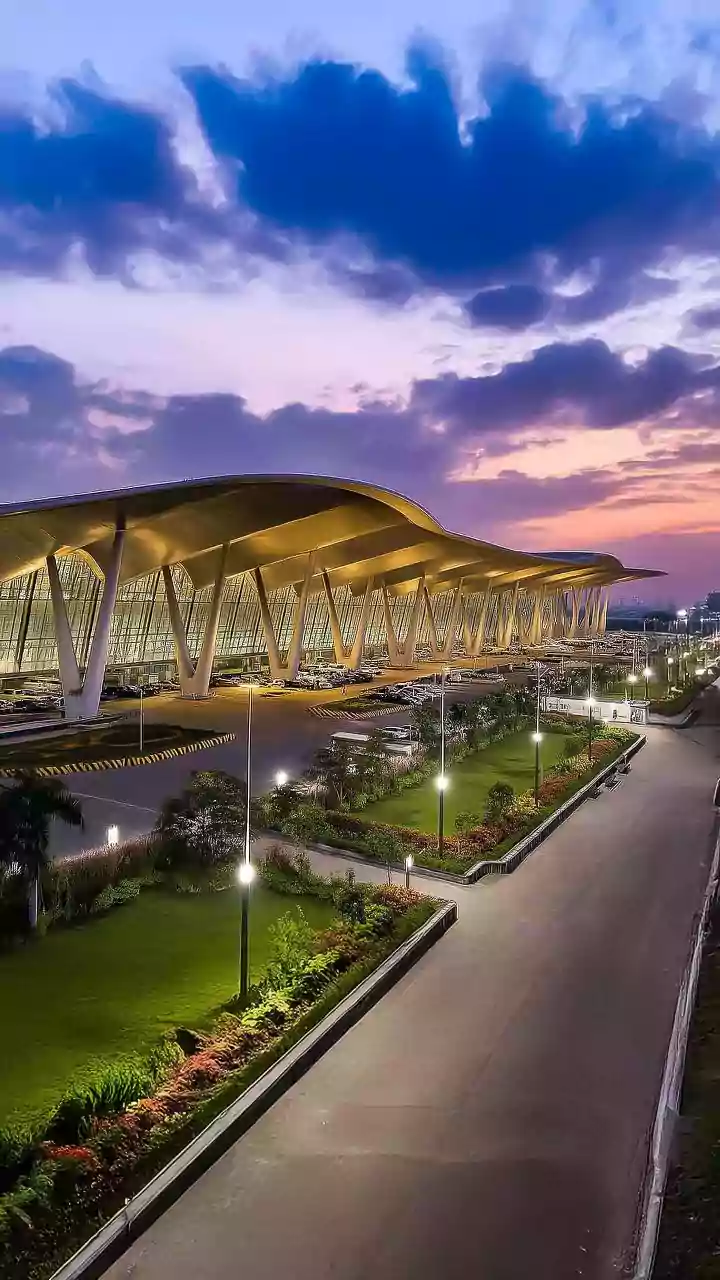The World Meteorological Organization (WMO) has warned that 2025 is set to be either the second or third warmest year on record, continuing a worrying trend of extreme global heat. The period from 2015
to 2025 will mark the warmest 11 years in recorded history, with the last three years ranking as the hottest ever observed.
According to the WMO’s State of the Global Climate Update 2025, the average global surface temperature between January and August stood 1.42°C (±0.12) above pre-industrial levels. This is slightly lower than 2024’s record figure of 1.55°C (±0.13), when the world recorded its first full year above 1.5°C.
The Paris Agreement, signed in 2015, aims to limit global warming to well below 2°C, striving to keep it within 1.5°C. However, scientists note that warming has already surpassed 1.3°C, with emissions continuing to climb. While 2024 marked a one-year breach of the 1.5°C threshold, WMO clarified that a permanent overshoot would be measured over decades.
The report also highlights that El Niño conditions—which drove record heat in 2023–24—eased into neutral or La Niña patterns in 2025. Despite this, the world still endured an unbroken 26-month streak of record monthly temperatures, except for February 2025.
The WMO linked the spike in heat over recent years to the end of a prolonged La Niña (2020–2023), combined with declining aerosol levels and rising greenhouse gas concentrations, both of which hit new highs in 2024 and 2025.
WMO released the State of the Global Climate Update 2025 for the Summit at the UN Climate Change Conference, COP30, in Belem, Brazil.
“This unprecedented streak of high temperatures, combined with last year’s record increase in greenhouse gas levels, makes it clear that it will be virtually impossible to limit global warming to 1.5 degrees Celsius in the next few years without temporarily overshooting this target. But the science is equally clear that it’s still entirely possible and essential to bring temperatures back down to 1.5 degrees Celsius by the end of the century,” WMO Secretary-General Celeste Saulo said in a press release.
UN Secretary-General Antonio Guterres echoed the warning at Belém Climate Summit on Thursday, urging rapid global action to minimize the overshoot and restore temperatures below the 1.5°C mark.
“Each year above 1.5 degrees will hammer economies, deepen inequalities and inflict irreversible damage. We must act now, at great speed and scale, to make the overshoot as small, as short and as safe as possible and bring temperatures back below 1.5 degrees Celsius before the end of the century,” said the UN chief, who cited the WMO report in his statement.
World leaders gathered in Brazil for the COP30 climate summit on Thursday. Guterres addressed world leaders gathered in climate summit hosted by the Government of Brazil ahead of the annual two-week UN climate conference (COP30) to be held in the Brazilian city in the Amazon from 10 to 21 November 2025.





















